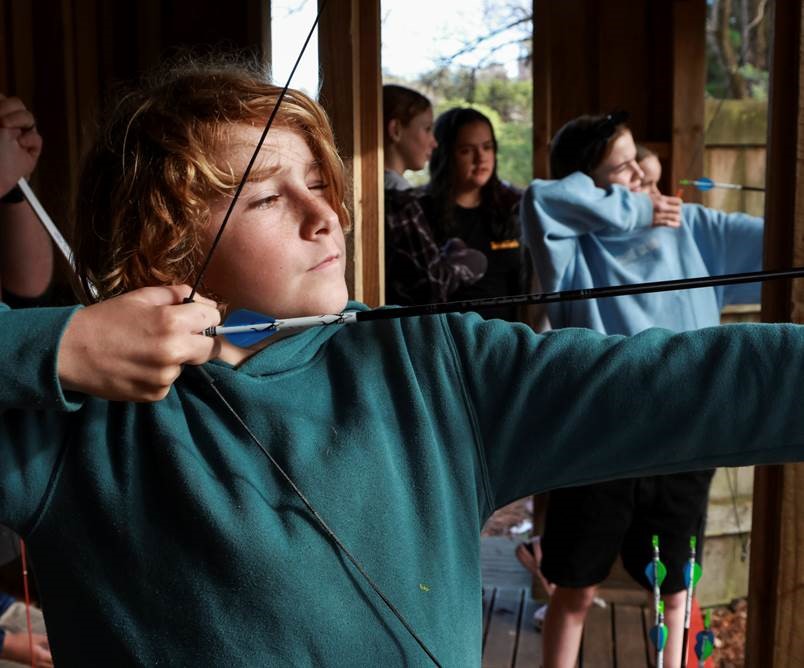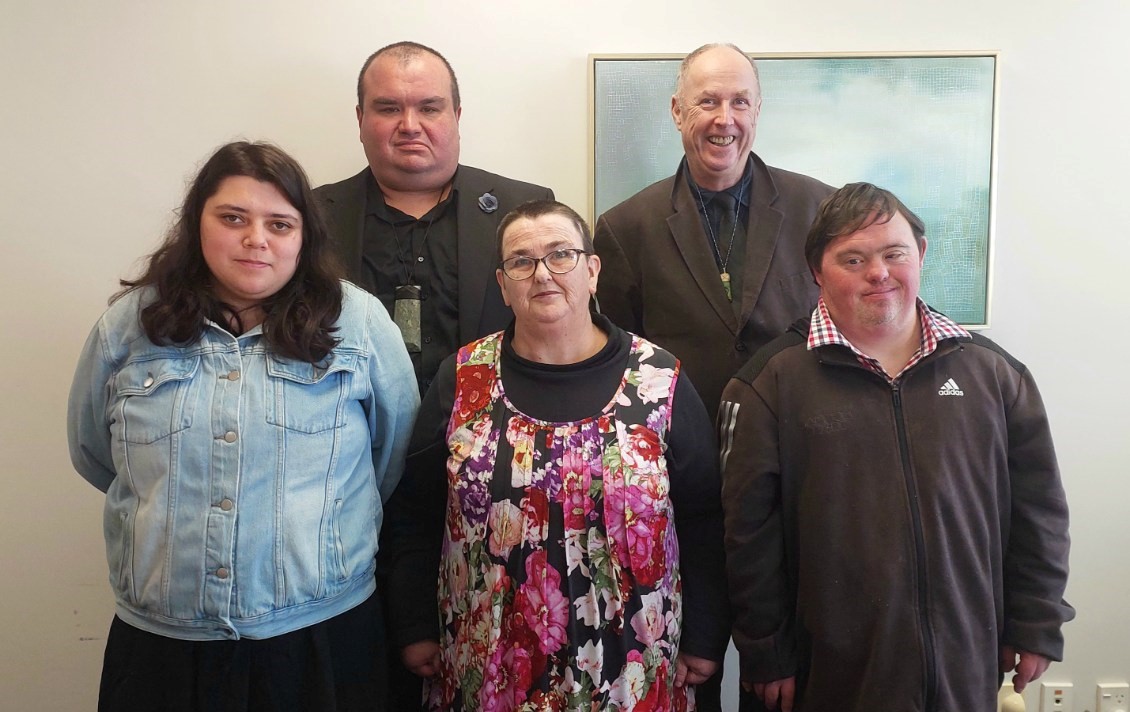Categories
Philip’s long journey finally took him back home

Philip Poulton was 10 years old when he went to live in Kimberley Hospital in Levin in 1967. He was the second eldest of five children from a family farming at Rangiwiu Station at Kumeroa, near Dannevirke, and he had Down syndrome.
His parents, Wilfred and Susan, struggled to care for him as he got older and as younger siblings arrived, but once he was placed in Kimberley as a state ward, they were discouraged from visiting and advised to get on with their lives.
Philip spent the next 18 years isolated from his family, until one day in 1989 his younger brother Tim and his wife Annie went to see him. They had married that year and Annie says she wanted to find out more about the secret brother who nobody talked about. Not long afterwards, Tim and Annie were back to introduce him to their 14-day-old daughter Sian, who shared a close bond with Philip from then on.
Philip died in January this year and at his funeral Tim described how his parents had cared for Philip through those early years but with five children under 10 the family had needed more help. IHC was only a fledgling organisation in the 1950s and the Poultons were isolated from support on their hill country farm.
“He was becoming harder to manage as he grew older and stronger,” Tim recalled. “All through our childhood, teenage and young adult lives he was essentially erased from our family life, and I feel a deep sense of regret.”
By the time of Tim and Annie’s first visit, Philip had moved from Kimberley into IHC community residential care in Carterton and Masterton. From then on visits to Rangiwiu became a regular part of his life as he and his family reconnected. Philip would travel by bus from Wairarapa and be collected at either Pahiatua or Woodville on a Friday evening before returning on a Sunday evening.
Annie says everyone was Philip’s friend – including total strangers, especially if they had bald heads, which he loved. He also loved hats and could wear up to four at once. He had a passion for Tui-branded merchandise and for photography. She says the advent of digital photography was a blessing and recalls once getting a roll of film developed to find 36 images of washing going around on a washing line.
Over time, Annie’s connection with Philip led to involvement with the local IHC committee in Dannevirke. Annie is now Chair of the IHC Dannevirke Association. Because Philip had Down syndrome, he aged very quickly and in 2018 moved to an IDEA Services residence in Dannevirke, the closest he had lived to home and family in many years.
His funeral service was attended by his family, friends, housemates and staff from IDEA Services in Dannevirke, Wairarapa and Manawatū, many of whom wore one of Philip’s many hats to celebrate his life.
But the celebrations didn’t stop there. The Dannevirke IHC Association committee had for a number of years wanted to hold a combined disco for the people they supported.
Annie says it has been their goal to expand the social circles of those in supported living in Dannevirke by inviting people with intellectual disabilities from neighbouring regions to join them for an afternoon of fun and music.
COVID restrictions hindered their plans, but on Saturday 4 March the Dannevirke Knox Church hall was rocking to the sound of Dave Barber’s disco and around 75 people were wearing creative hats and showing their moves on the dance floor. Most had come from homes run by IDEA Services in the Manawatū, Dannevirke and Wairarapa.
This inaugural gathering was in memory of Philip.“Philip would have loved the silly hat gathering and being surrounded by his friends,” Anne says.
Caption: Sian, Philip, Annie and Tim share good times at Rangiwiu Station.

This story was published in Strong Voices. The magazine is posted free to all IHC members.
Download PDF of Strong Voices issue







